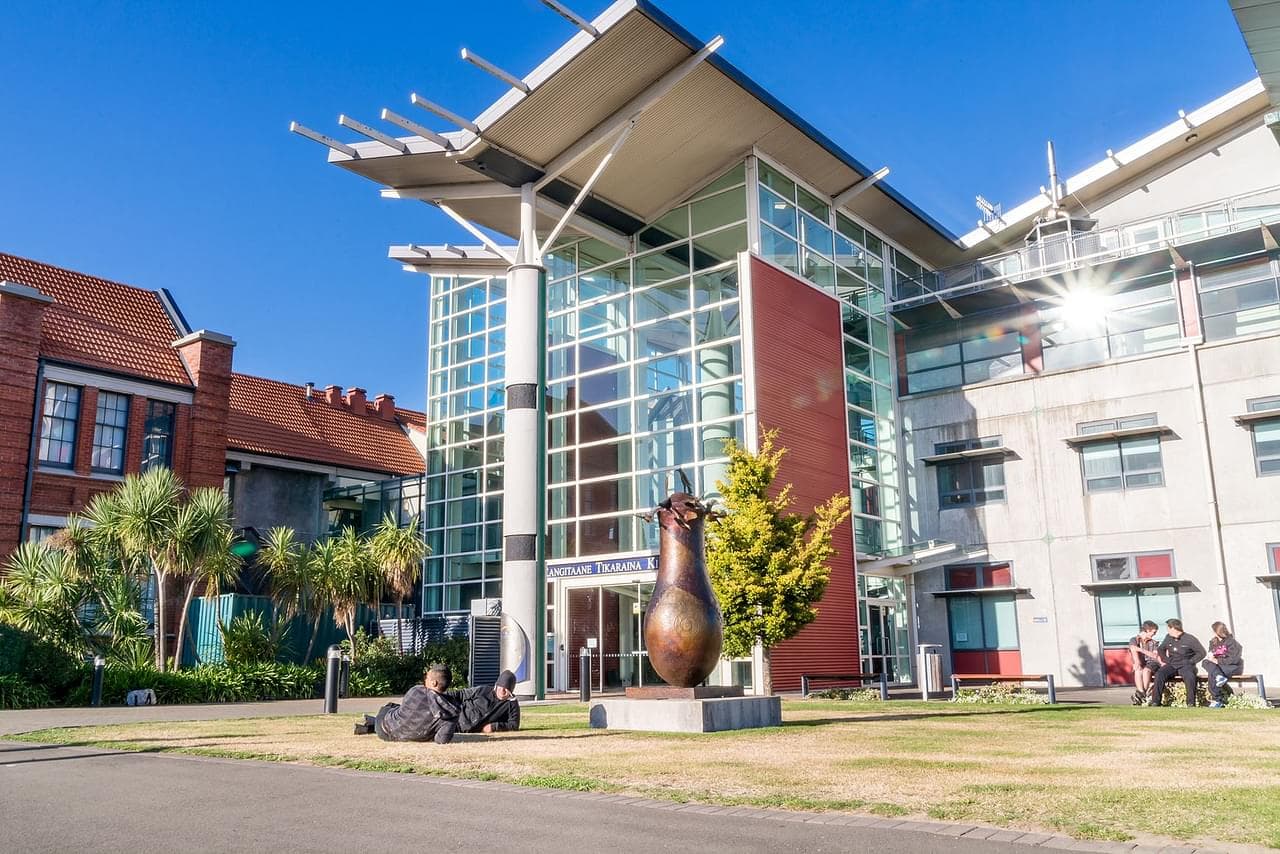This programme consist of 120 credits. The courses includes:
Music Theory (30 Credits)
Learn to apply elementary music theory in a practical, written and aural environment. This may include:
- Complete circle of 5ths
- Notes on treble clef and bass clef
- All intervals up to an octave
- Scales – Major, chromatic, blues, minor pentatonic, major pentatonic, major arpeggio, including major modes, parent scales and natural, melodic minor and harmonic minor.
- Chords: Major, minor, sus4, dominant 7th, augmented, diminished, min7th, min7b5, augmented 7th, diminished 7th.
- Rhythm – 2 bar rhythms including whole, half, quarter, eighth, sixteenth notes and corresponding rests. Including eighth and quarter note triplets.
- 12 bar blues
- Major diatonic chords
- Chord progressions up to 6 bars
- Melodic dictation up to 2 bars
- Harmonising a short melody
- Transpose a short melody
Performance and Technology 1a (15 Credits)
Perform and analyse a range of musical styles and performance technology in a range of performance environments. This may include:
- Sound theory
- Live sound technology, PA Set up, basic live band mixing
- Instrument development training from a specialised mentor
- Regular programme of practicing, and rehearsals is planned out and monitored
- Artistic and creative goal setting
- Improvisation, sight reading, technical fluency, agility and technical exercises for individual instrumentalists
- Composing music for band and solo performance
- Playing music in a range of styles in band or solo
- Research and analysis of a range of genres
Performance and Technology 1b (15 Credits)
Perform and analyse a range of musical styles and devise strategies for performance technology in a range of performance environments. This may include:
- Live Sound Technology, PA Set up, basic live band mixing
- Instrument development training from a specialised mentor
- Regular programme of practicing and rehearsals is planned out and monitored
- Improvisation, sight reading, technical fluency, agility and technical exercises for individual instrumentalists
- Composing music for band and solo performance
- Critiquing music for band and solo performance
- Playing music in a range of styles in band or solo
- Participation in planning an event or function
Composition and Technology 1a (15 Credits)
Compose and record music in the studio and Digital Audio Workstations (DAW). This may include:
- Introduction to DAW software and hardware
- Setting up a session in a DAW
- Recording audio, recording midi
- Applying sound theory to the production process
- Dynamic processing
- Effects processing
- Audio formats
- Rendering audio
- Electronic composition
- Music Fundamentals (Rhythm, form, timbre, dynamics, Harmony, Melody)
Composition and Technology 1b (15 Credits)
Compose and record music for a range of scenarios. This may include:
- Recording audio, recording midi
- Applying sound theory to the production process
- Dynamic processing
- Effects processing
- Mic placement
- Session management
- Headroom, Stereo Field, Dynamic range
- Project planning
- Working in the grid
- BPM’s and Quantising
- DAW short cuts
- Compositional techniques in a range of environments
Industry 1a (15 credits)
Develop the skills and knowledge to function in the music industry of New Zealand Aotearoa. This may include:
- Pepeha: genealogy and relationships
- Te Whare Tapa Whā
- Te Whare Tapere: traditional Māori performance types ( waiata, haka, poi etc)
- Influence of Māori performing arts in the New Zealand music industry
- Small Business (tax requirements, budgets, basic record keeping, business structures, funding)
- Employment opportunities in the New Zealand music industry
Industry 1b (15credits)
Manage a basic project as an individual orgroup. This may include:
- Event planning
- Marketing
- Introduction to design concepts
- Communication
- Management
- Brand development
